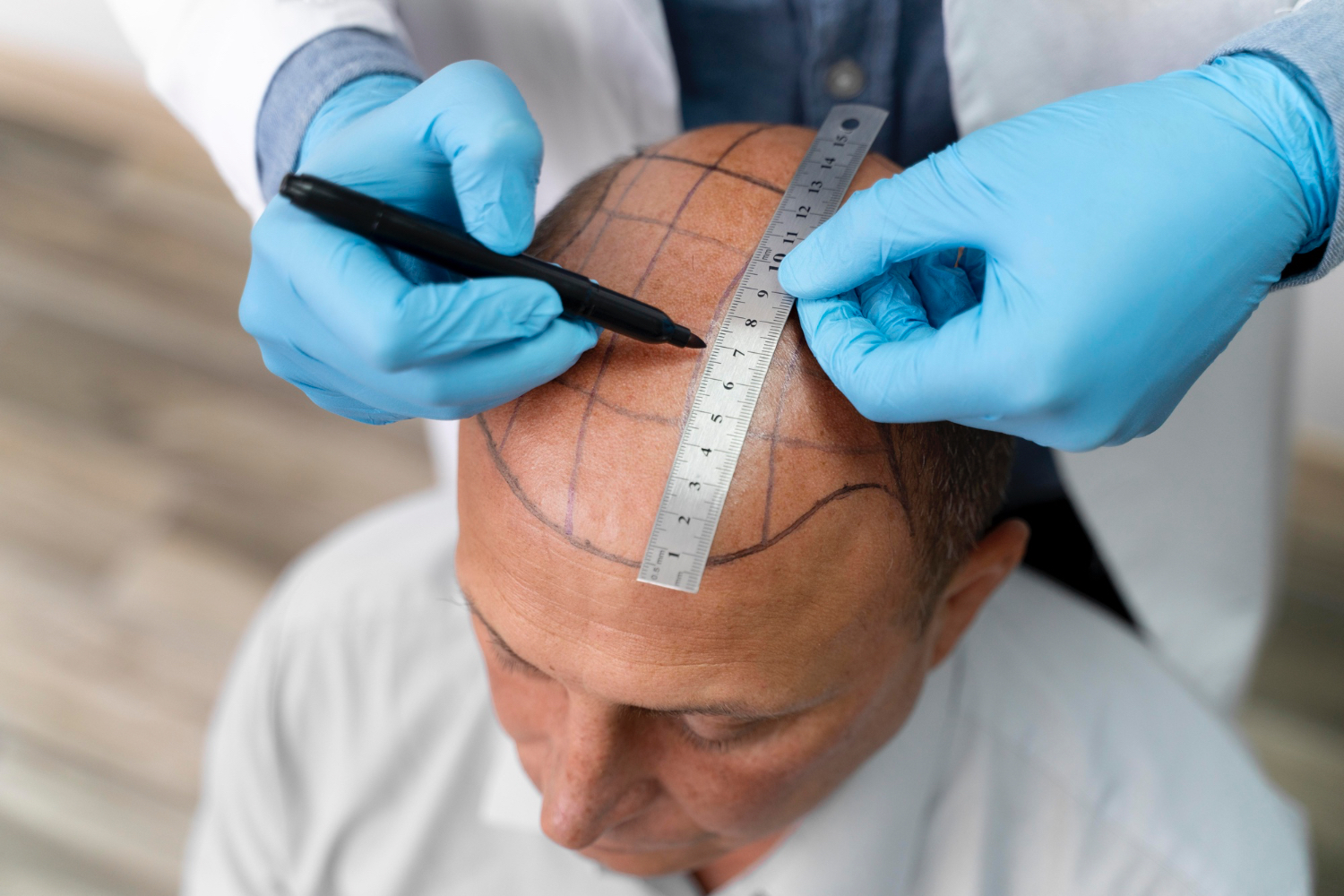Receding hairlines are a common concern for many South African men and women. Whether it’s due to genetics, stress, or lifestyle factors, how you care for your hair plays a significant role in managing hair loss. If you’re noticing the early signs of a thinning hairline, there are certain habits and mistakes you should avoid. Here are 10 things you shouldn’t do if you have receding hair, tailored to the South African context.
1. Avoid Tight Hairstyles like Cornrows and Dreadlocks
South Africans love their braids, cornrows, and dreadlocks, but wearing these tight hairstyles too often can cause traction alopecia. This is when hair is pulled too tightly, damaging the hair follicles, leading to permanent hair loss. If you’re starting to see your hairline recede, consider giving your hair a break from tight hairstyles or opting for looser braiding techniques.
2. Don’t Overuse Hair Relaxers and Chemicals
Many South Africans use hair relaxers or straightening treatments to manage natural hair textures. However, overusing these chemical treatments can weaken your hair, leading to breakage and worsening hair loss. If you have a receding hairline, it’s best to minimize the use of relaxers or opt for milder, chemical-free alternatives to keep your hair healthy.
3. Don’t Ignore the Scorching Sun
The South African sun can be harsh, and constant exposure without protection can damage both your scalp and hair. Too much UV exposure can cause your hair to become dry and brittle, worsening a receding hairline. Make sure to wear a hat or use products with UV protection if you’re spending long hours outdoors, especially during the hot summer months.
4. Don’t Use Harsh Shampoos and Conditioners
South Africa’s climate, combined with hard water in certain areas, can already be tough on hair. Using shampoos that contain harsh chemicals like sulfates and parabens can dry out your scalp and damage thinning hair. Opt for local products that are sulfate-free and specifically formulated for African hair types. Brands like AfroBotanics or My Natural Hair are good options.
5. Don’t Brush or Comb Too Aggressively
Many South Africans love to wear their hair natural, but when detangling or combing, being too rough can cause unnecessary hair loss. Use wide-tooth combs and be gentle when styling, especially around the hairline. Remember, hair is even more fragile when it’s wet, so avoid combing wet hair if your hairline is thinning.
6. Don’t Ignore Stress (It’s a Silent Hair Killer)
The pressures of daily life in South Africa, from long work hours to financial stress, can take a toll on your mental health and, indirectly, your hairline. High stress levels are linked to hair loss conditions like telogen effluvium, which can worsen a receding hairline. Prioritising self-care, practicing yoga, or even taking a break for some fresh air in a park can help manage stress and reduce hair loss.
7. Don’t Neglect Your Diet
Traditional South African diets are often rich in meat and carbohydrates, but make sure you’re getting the right balance of vitamins and minerals to support hair growth. A lack of essential nutrients like iron, biotin, and zinc can lead to hair thinning. Incorporate leafy greens like morogo (African spinach), nuts, and proteins like fish into your diet to nourish your hair from the inside out.
8. Don’t Skip the Hair Specialist
Many people ignore their receding hairlines, thinking it’s a natural part of aging. But the earlier you intervene, the better the chances of slowing hair loss. South Africa has a growing number of qualified dermatologists and trichologists (hair and scalp specialists) who can provide treatments like minoxidil or PRP therapy to stimulate hair growth. Seek help before the problem becomes worse.
9. Don’t Wash Your Hair Every Day
Washing your hair too frequently can strip it of its natural oils, leaving it dry and fragile. South Africa’s climate can vary from humid to dry, so it’s important to adjust your hair-washing routine accordingly. Washing your hair two to three times a week is enough, and be sure to use a hydrating shampoo, especially if you live in drier regions like the Northern Cape.
10. Don’t Avoid Protective Hairstyles
While tight hairstyles can be damaging, opting for protective hairstyles that don’t stress the hairline can help maintain your hair’s health. Styles like loose twists, wigs, or wearing a headwrap (also fashionable in many South African cultures) can protect your hair from the elements and reduce daily wear and tear. Make sure to change your style regularly to avoid putting strain on the same areas of your hairline.
Conclusion
Managing a receding hairline requires care and attention to your hair and lifestyle. By avoiding these common mistakes, you can help slow down hair loss and keep your hair healthier for longer. From avoiding tight hairstyles to seeking professional help, the key is to take early action. Remember, your hair is part of your overall health, and taking care of it is just as important as any other self-care routine.








